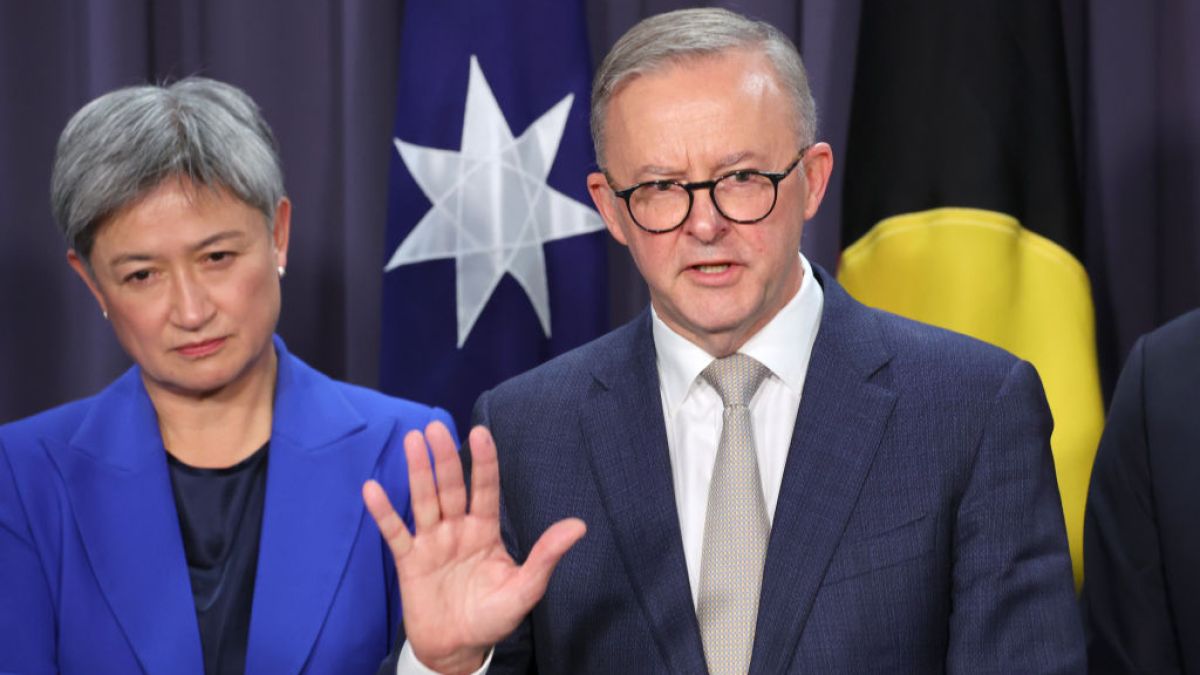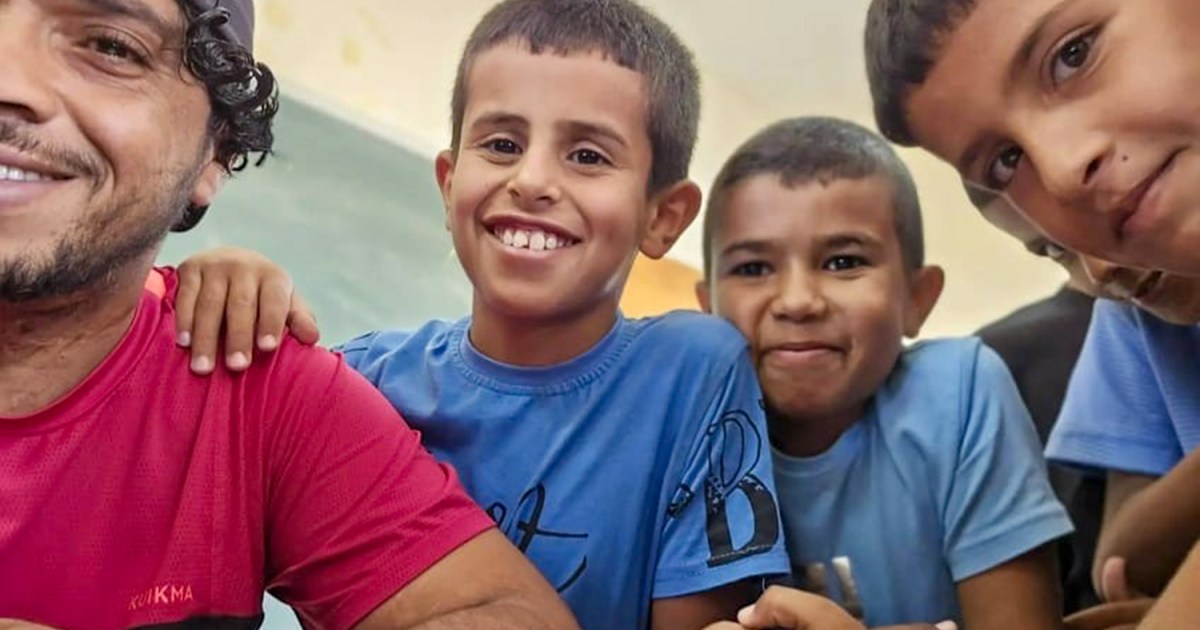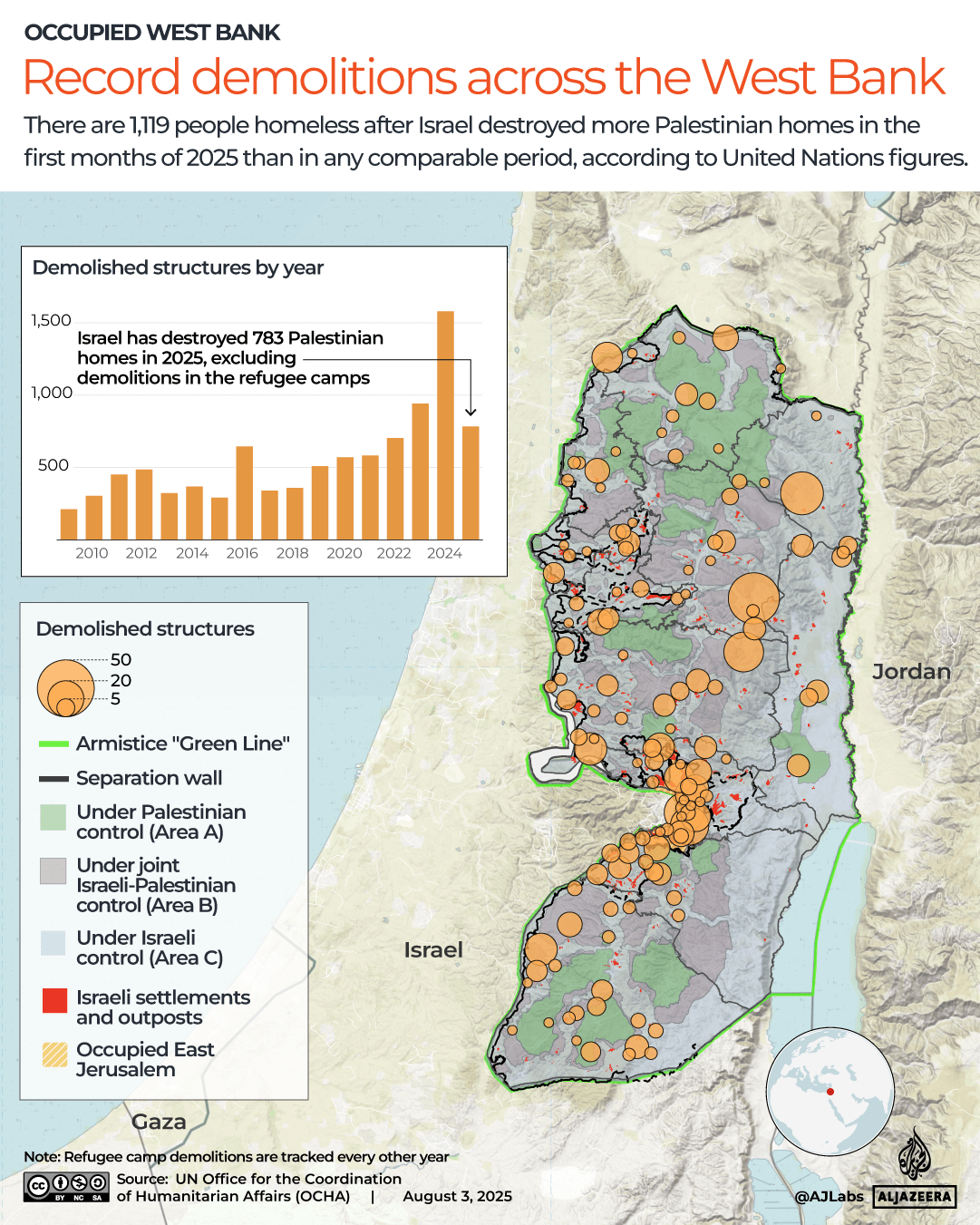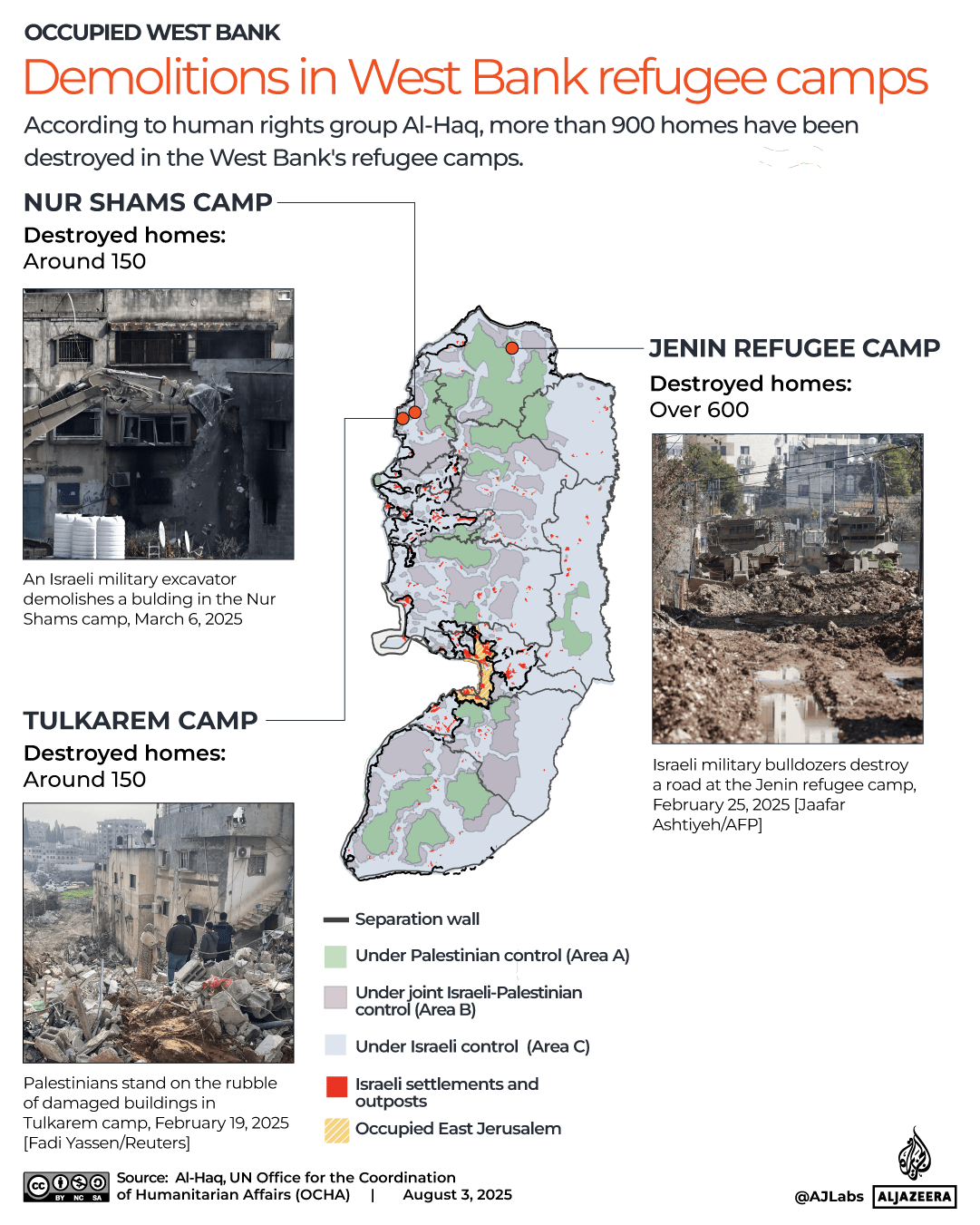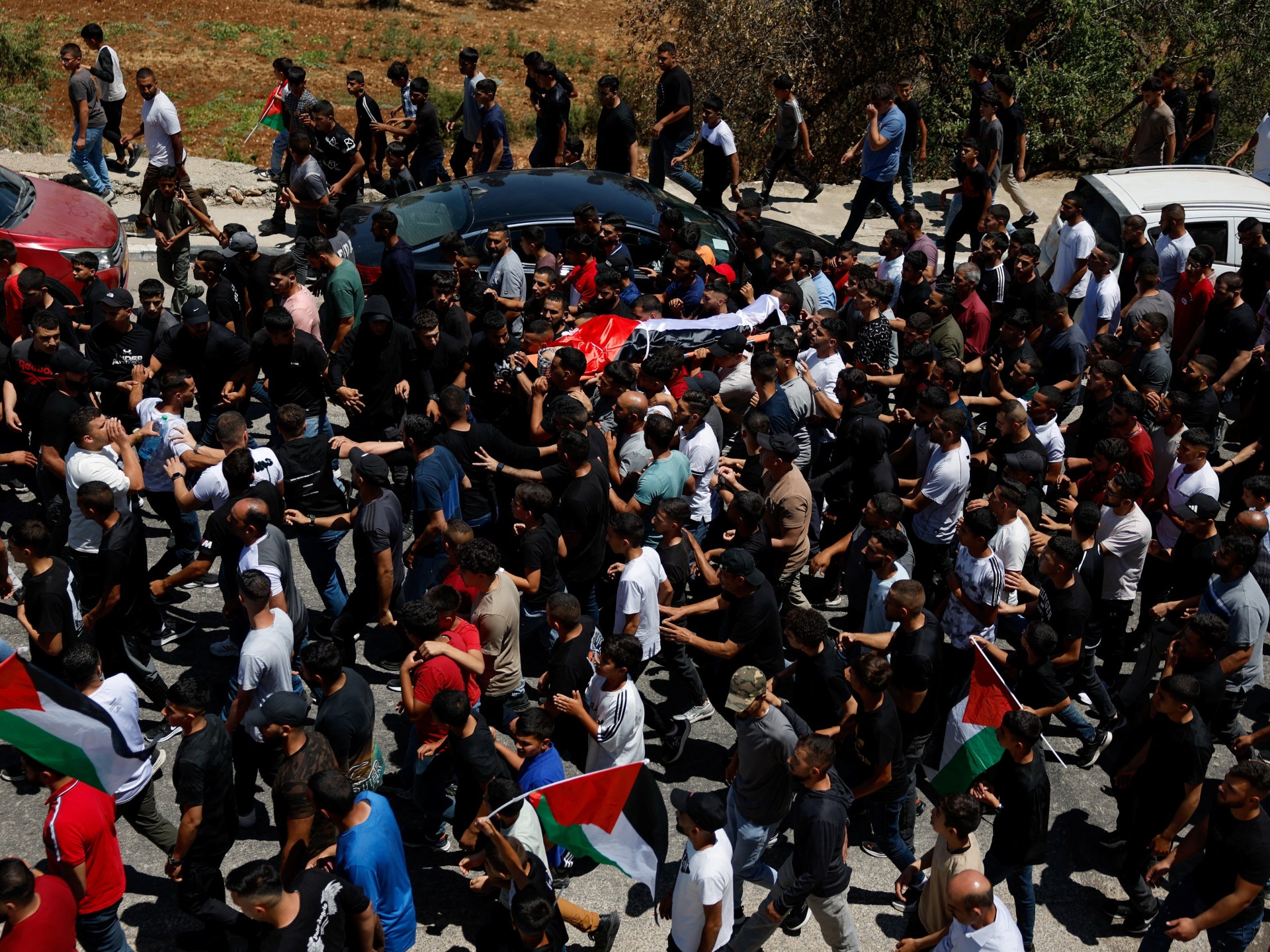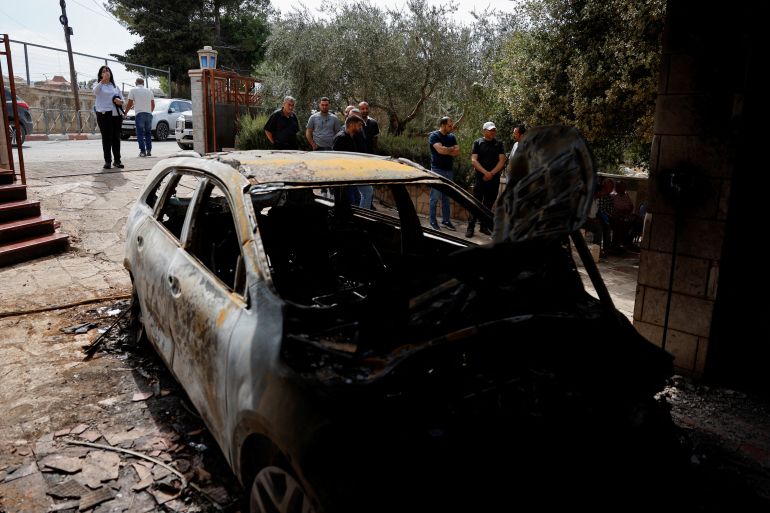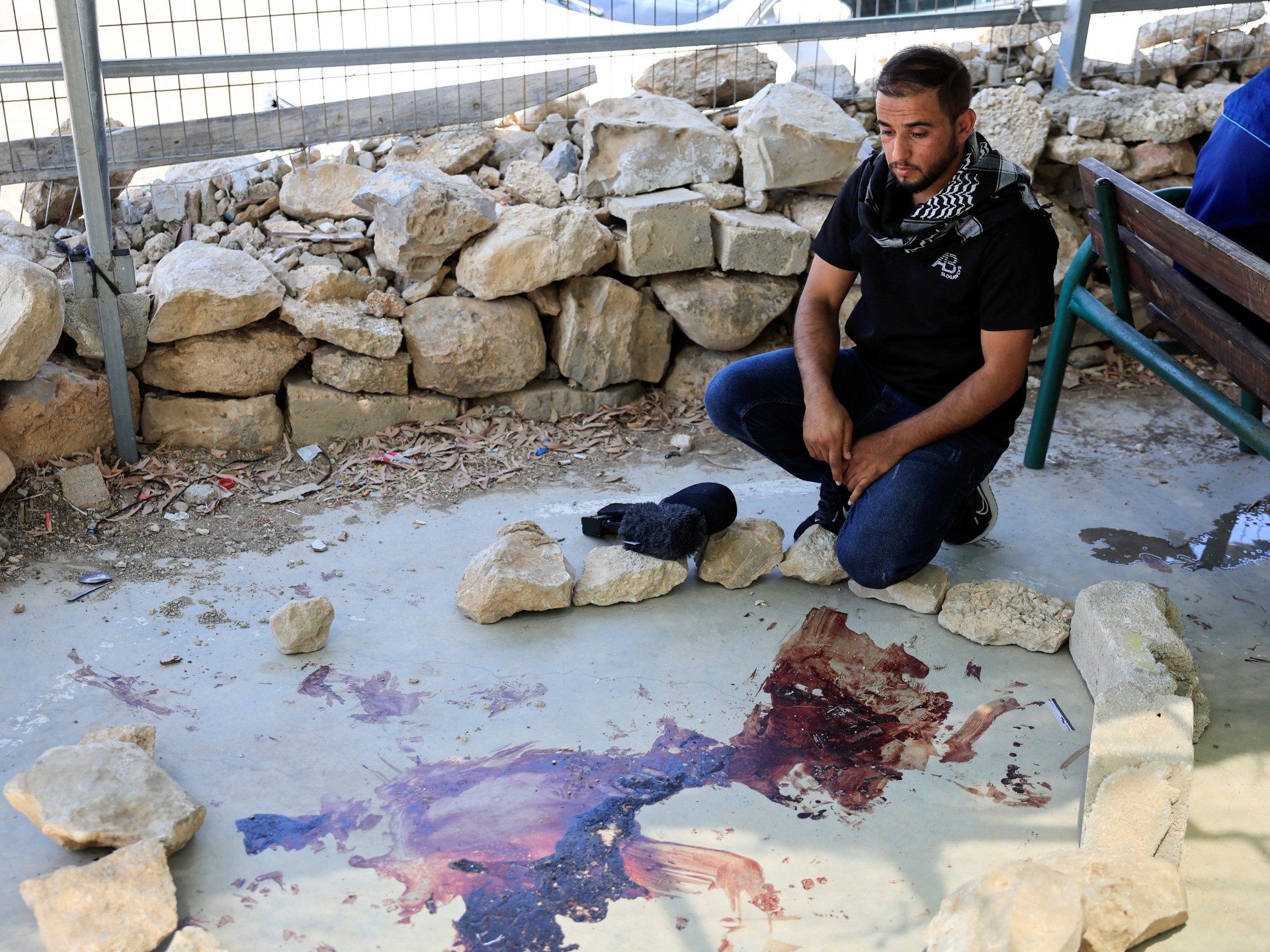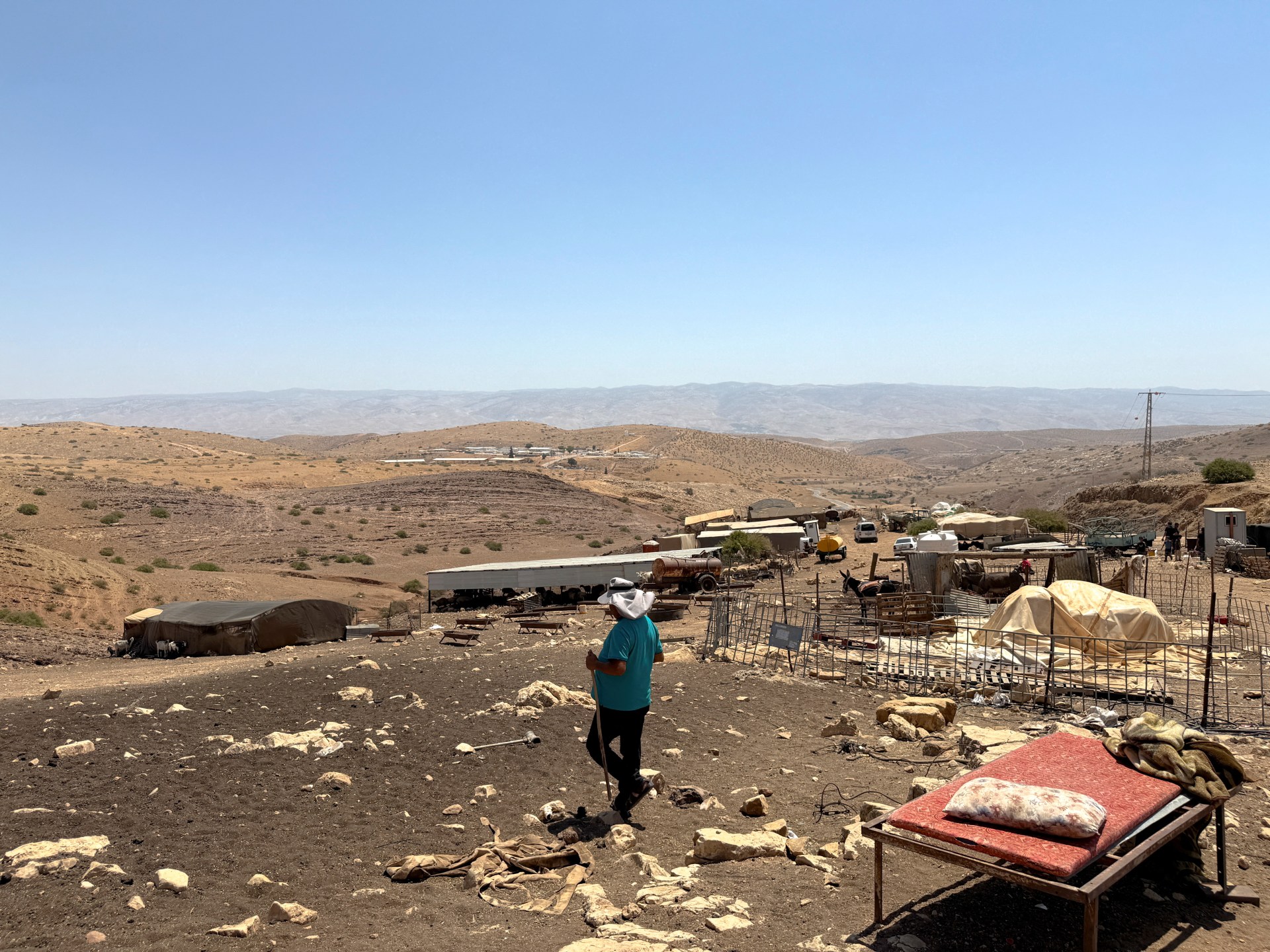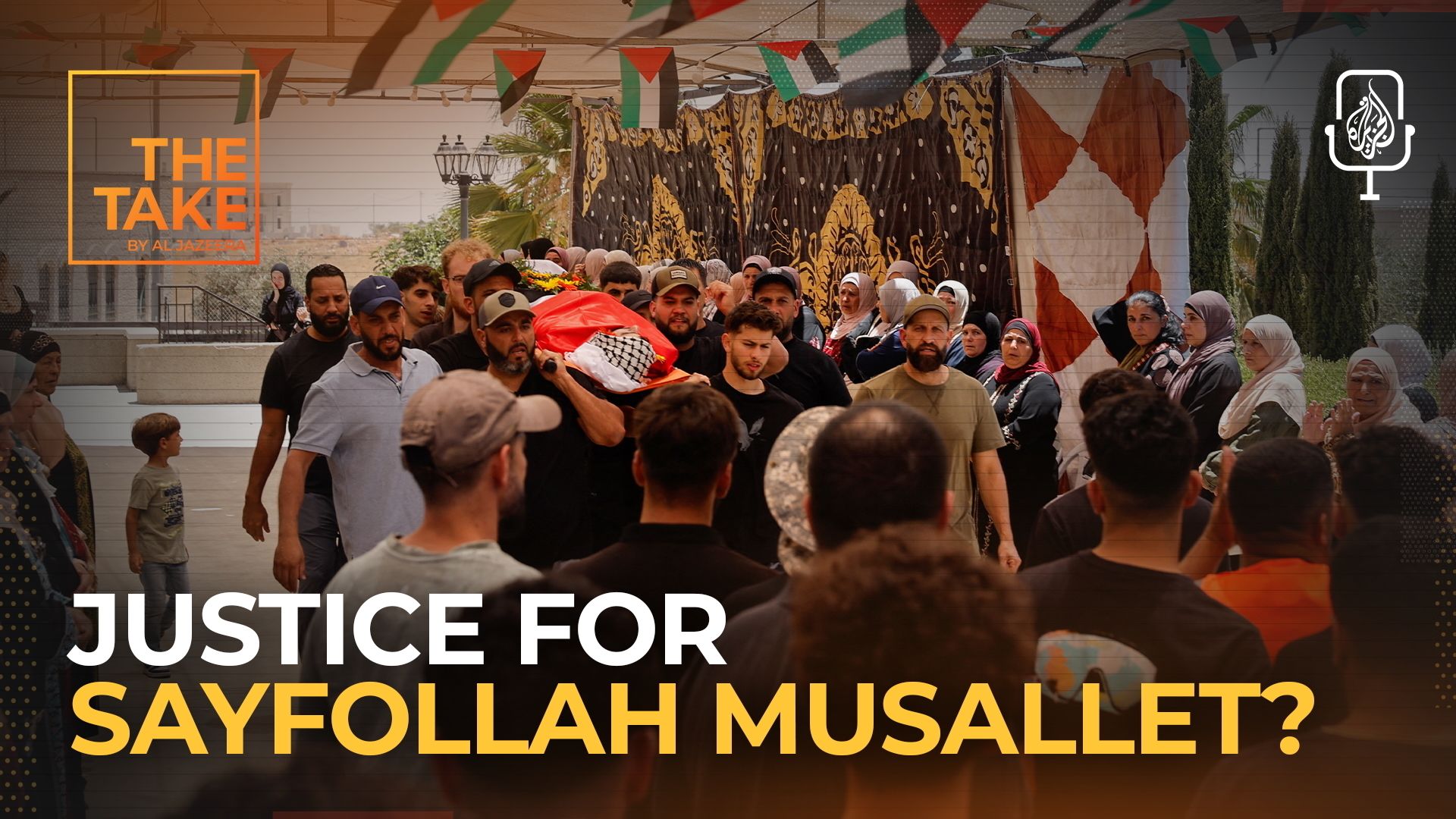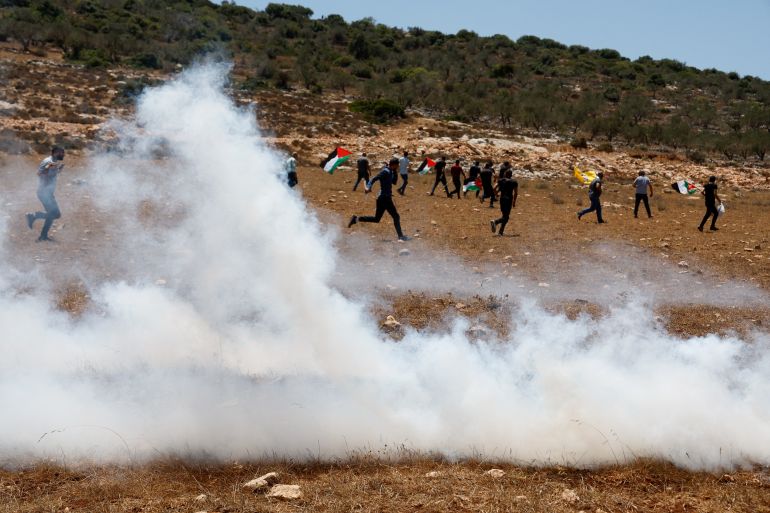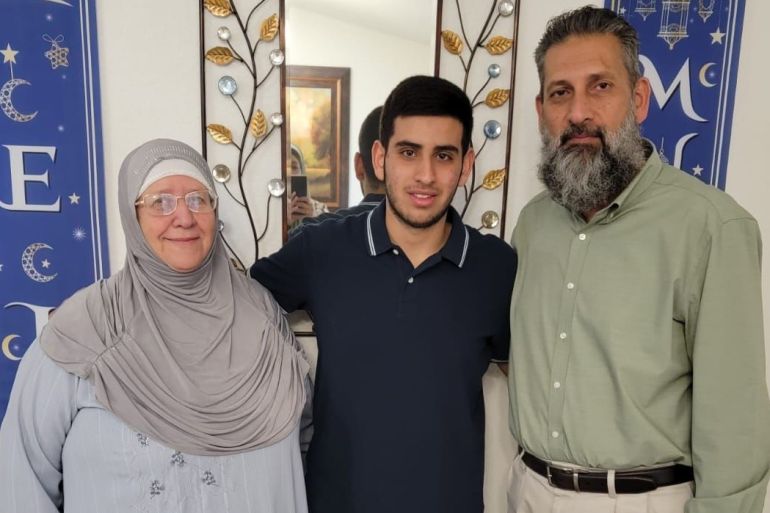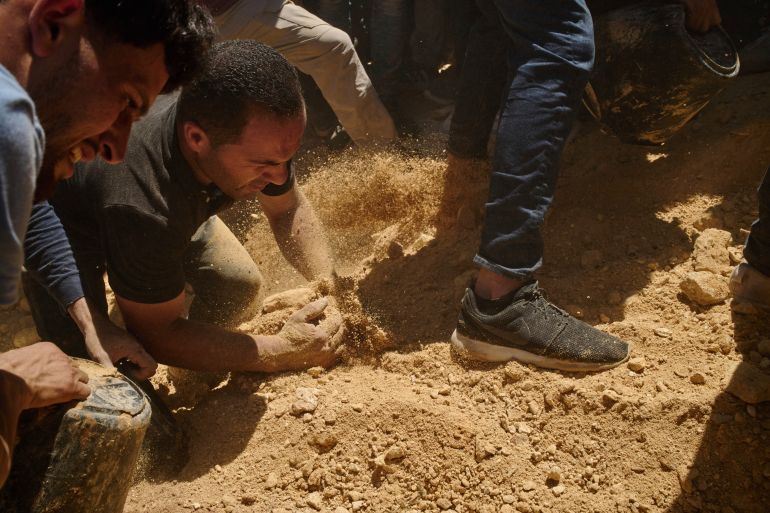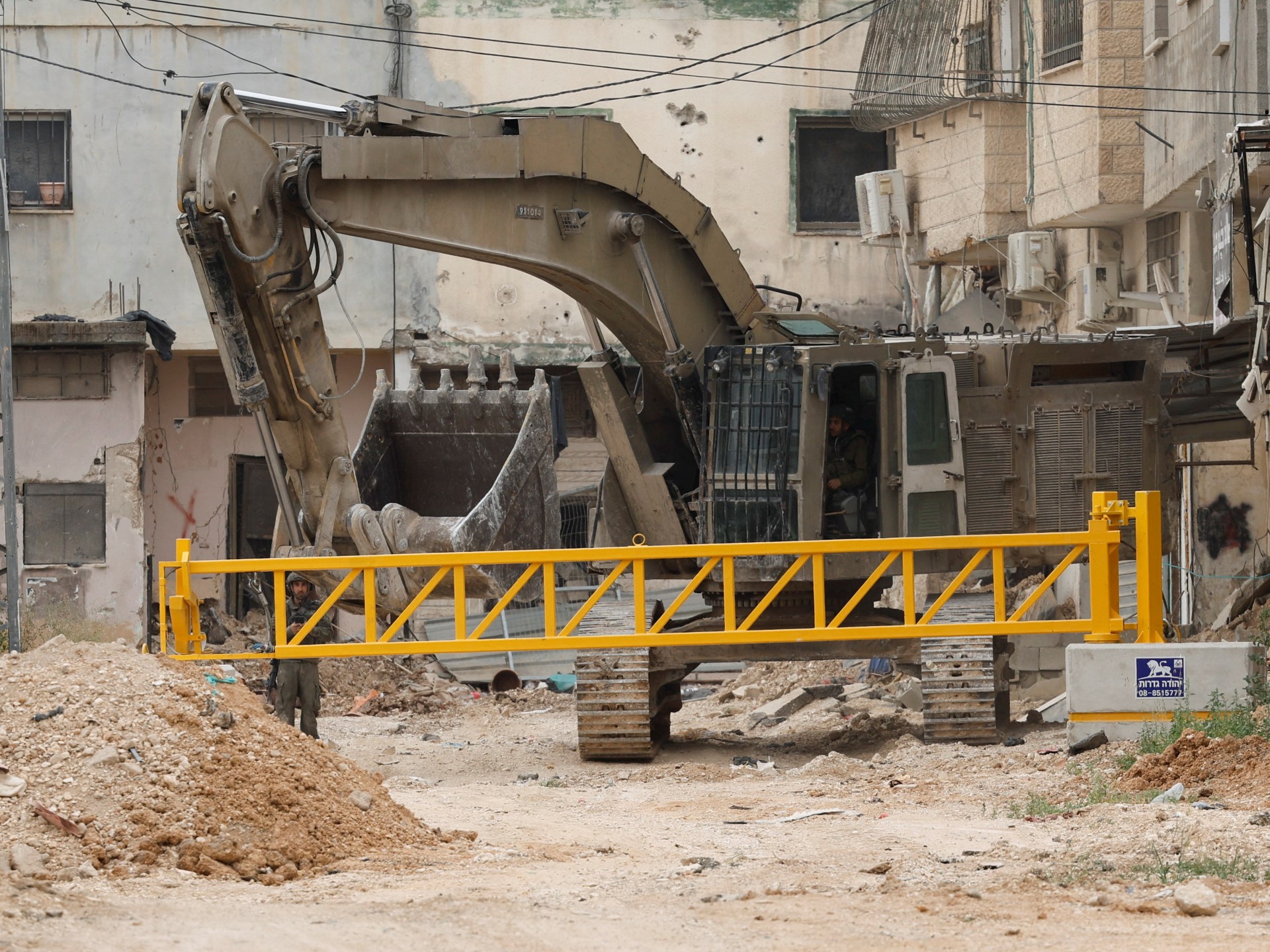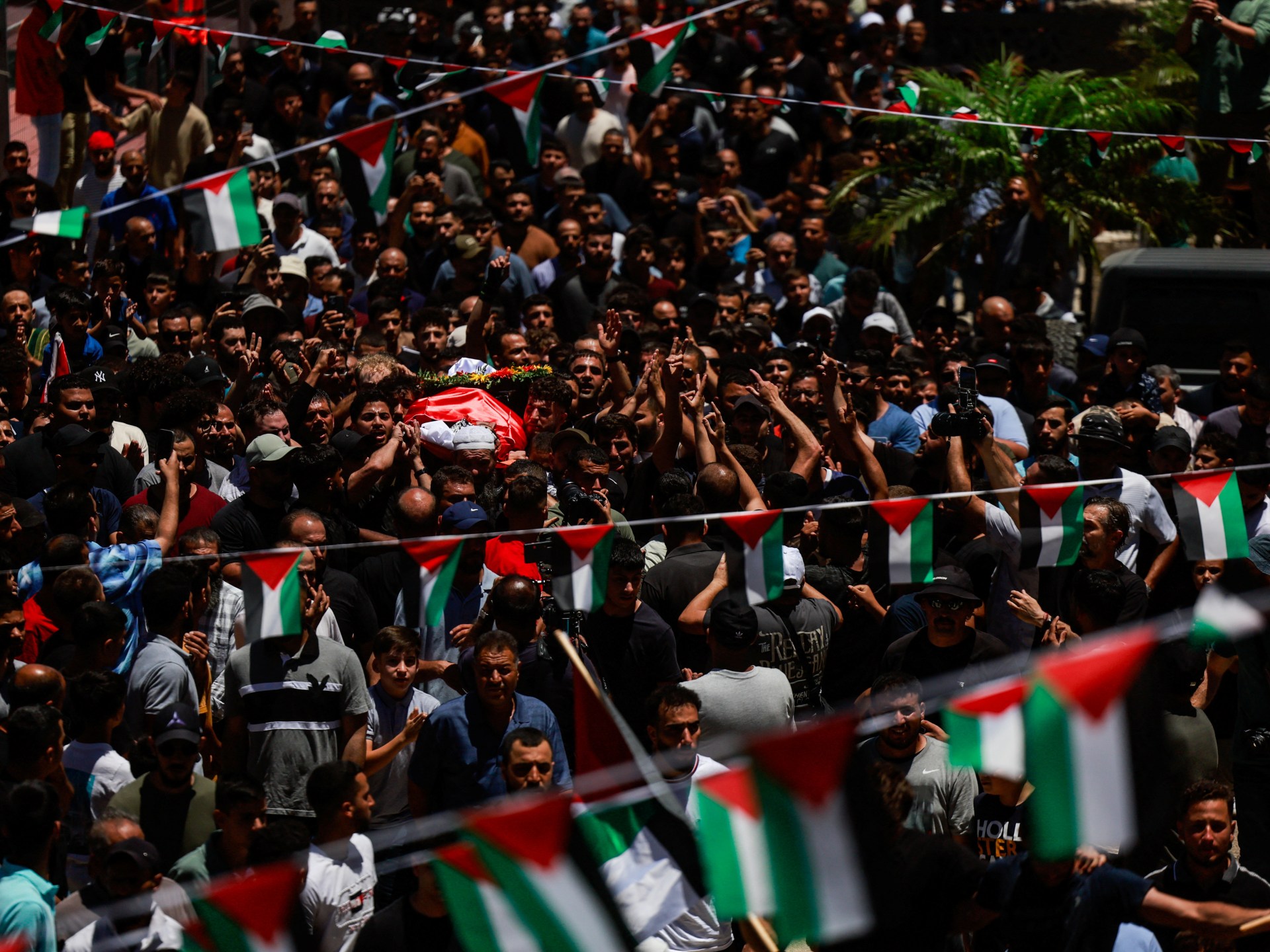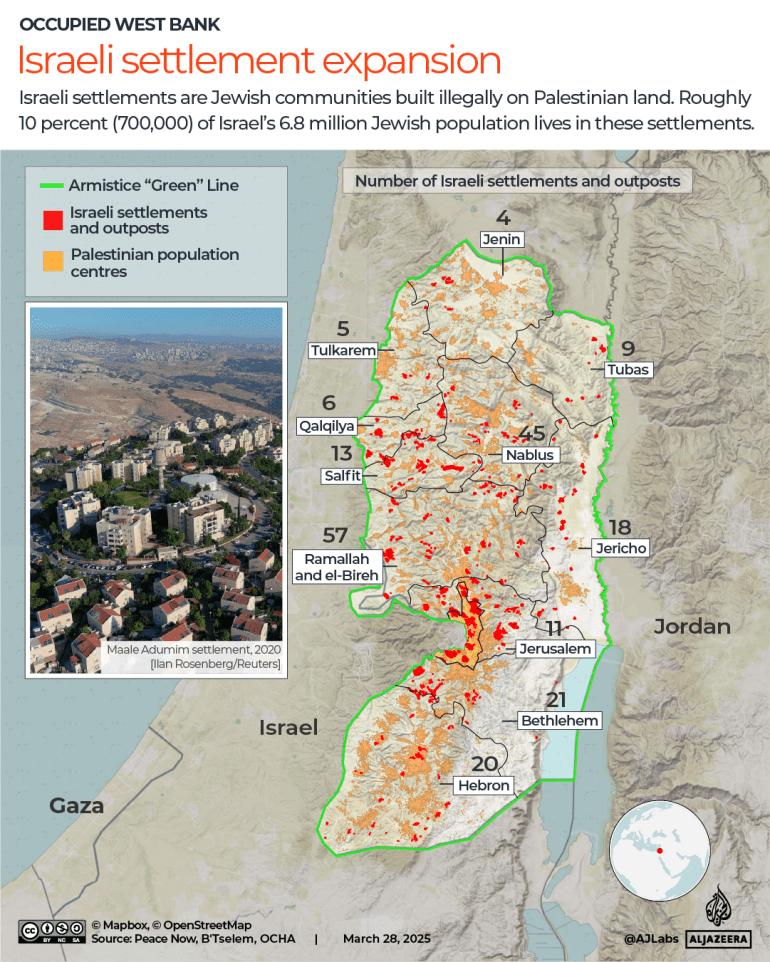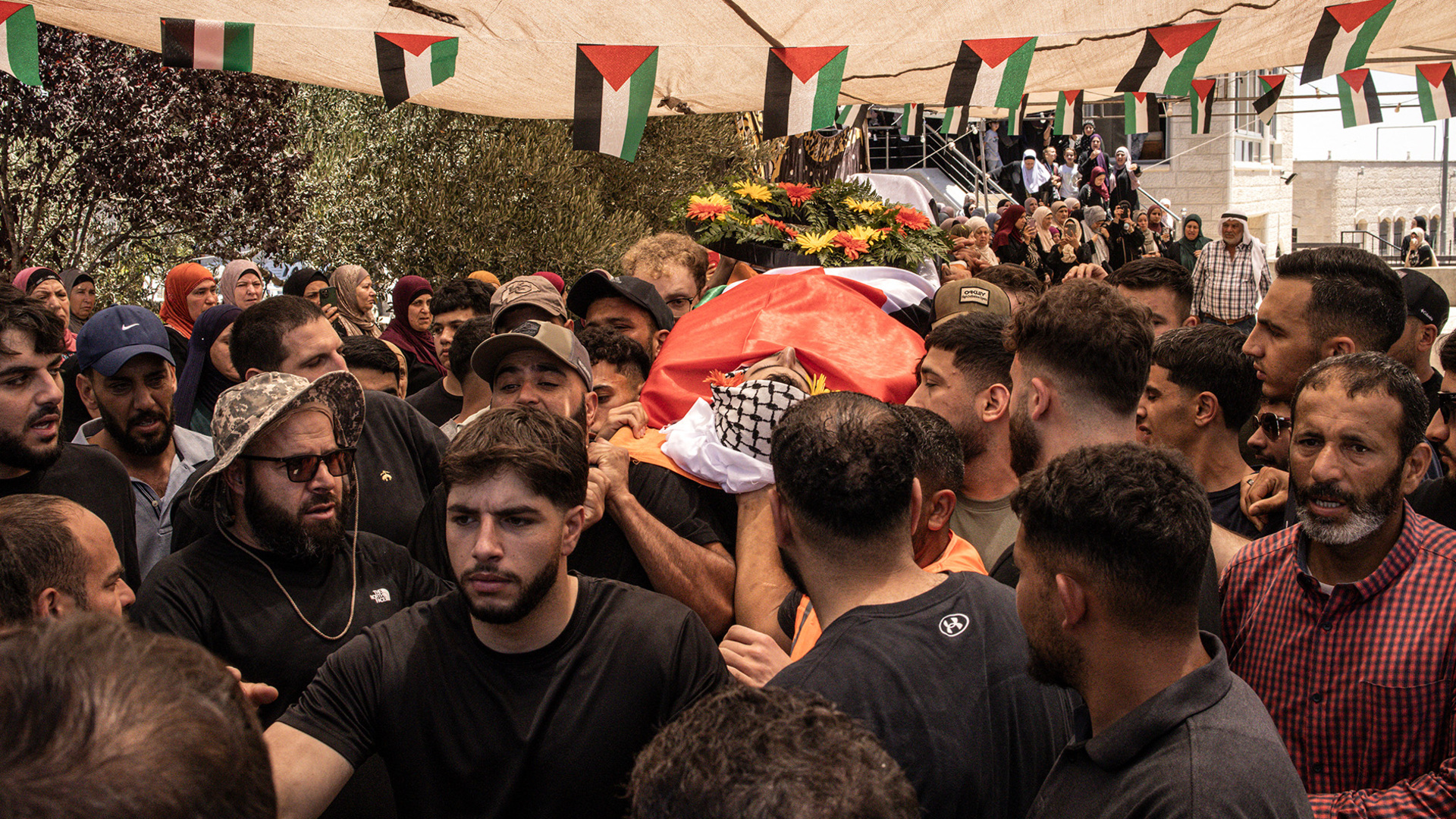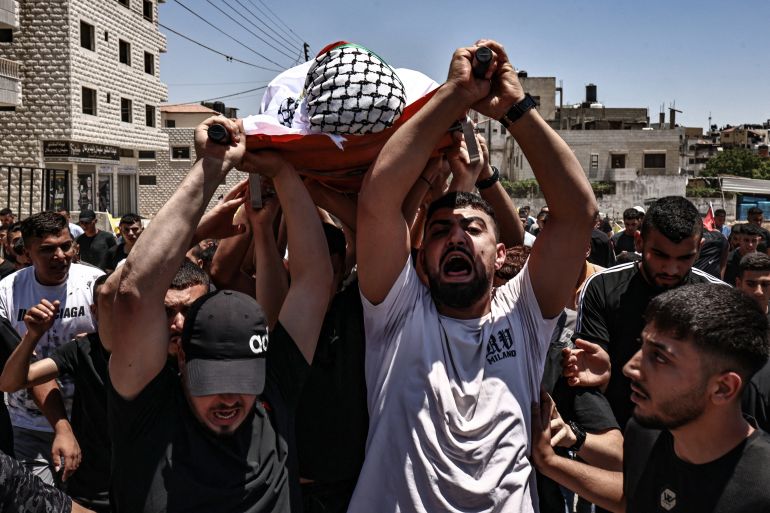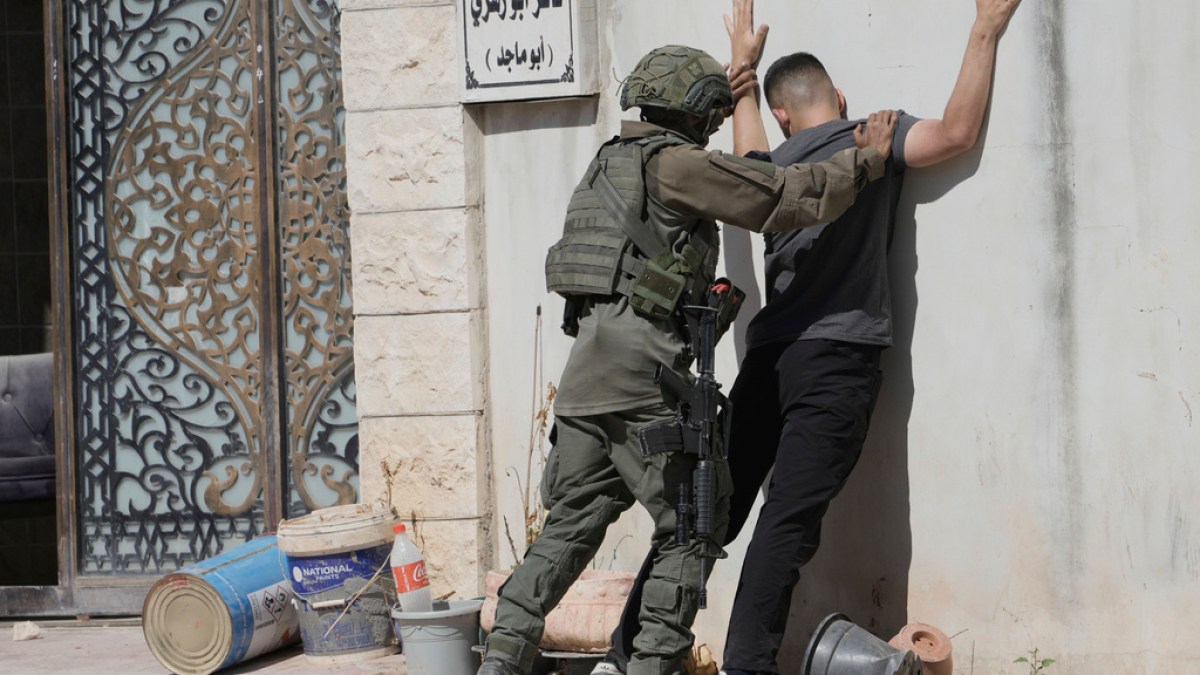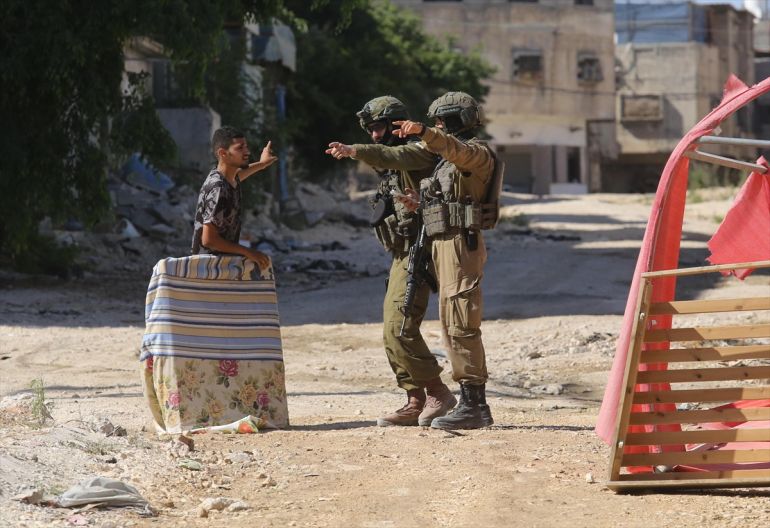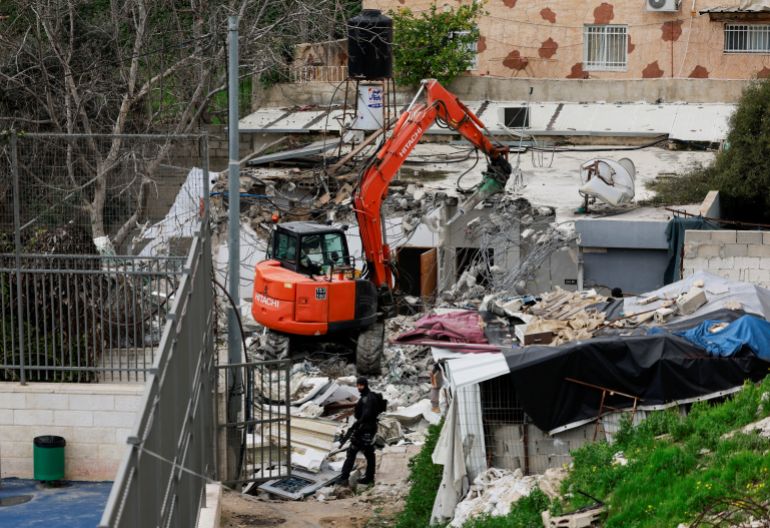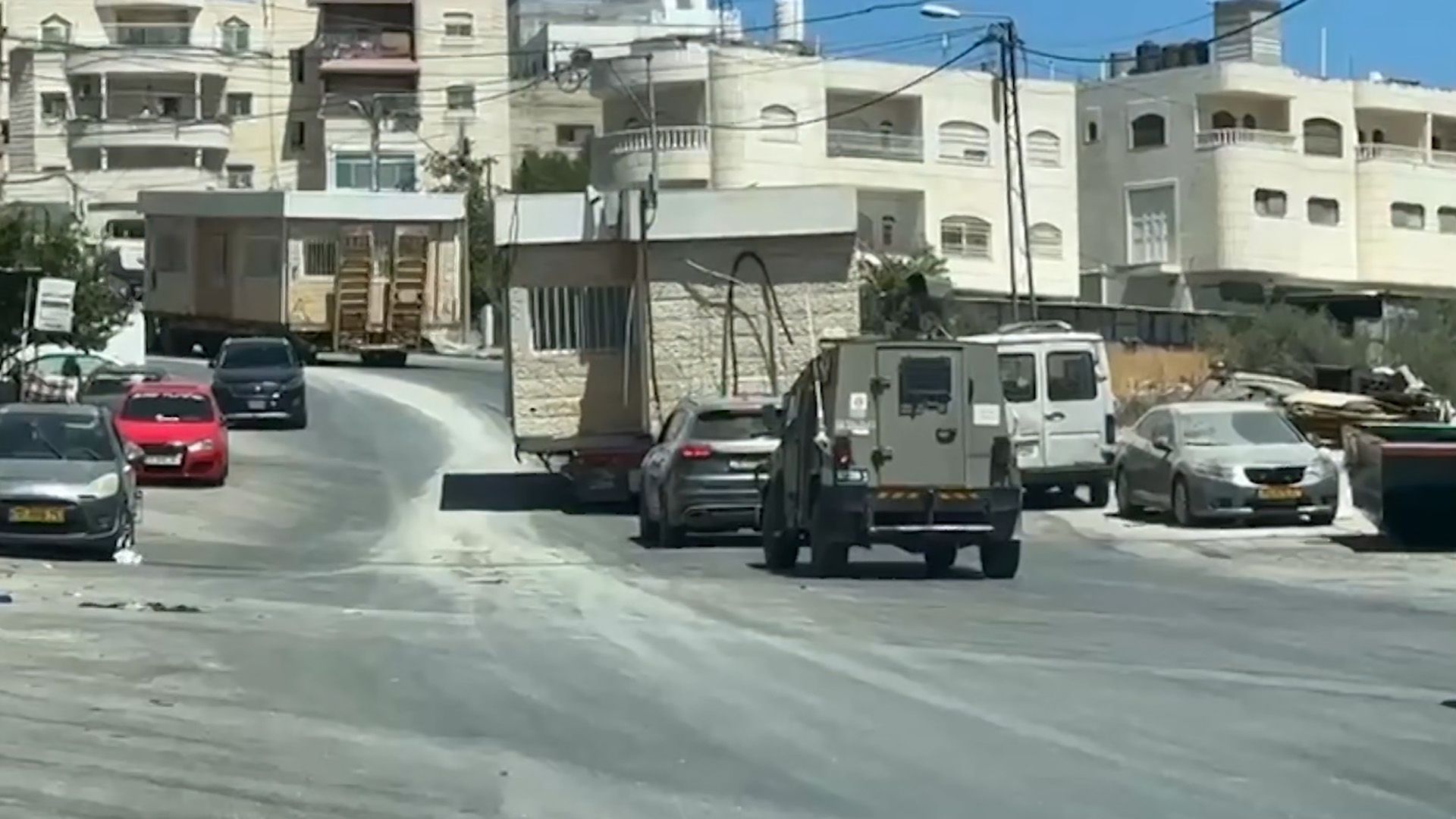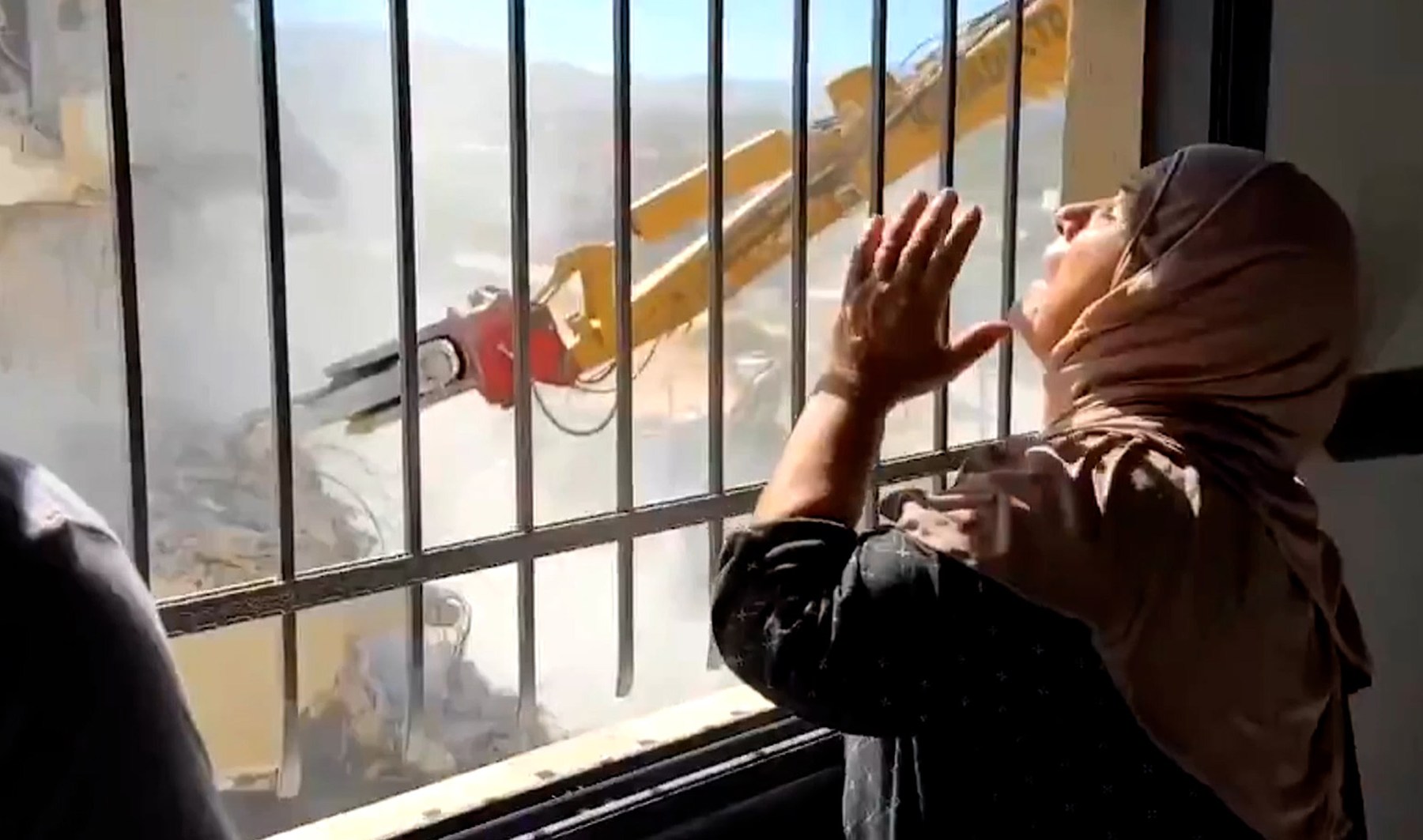Australia’s FM warns of ‘risk there will be no Palestine left to recognise’ | Israel-Palestine conflict News
Australia’s Minister for Foreign Affairs Penny Wong has told the country’s media that “there is a risk there will be no Palestine left to recognise”, amid Israel’s devastating war on Gaza and increasing violence against Palestinians in the occupied West Bank.
Wong, who did not indicate that Australia plans to change its stance and recognise Palestinian statehood, made her comments in an interview with the Australian Broadcasting Corporation ( ABC) on Tuesday morning, where she responded to questions about a mass protest in Sydney attended by hundreds of thousands of people rallying against Israel’s war on Gaza.
Organisers said that between 200,000 and 300,000 people joined the protest across the iconic Sydney Harbour Bridge on Sunday. Police had initially estimated that about 90,000 people took part.
Wong said the Australian government shared the protesters “desire for peace and a ceasefire”, and that the huge turnout reflected “the broad Australian community’s horror” and the “distress of Australians, on what we are seeing unfolding in Gaza, the catastrophic humanitarian situation, the deaths of women and children, the withholding of aid”.
However, asked if Australia was considering taking any more concrete actions, such as imposing sanctions on Israel, Wong said: “We don’t speculate on sanctions for the obvious reason that they have more effect if they are not flagged.”
She noted that Australia had already imposed sanctions on two far-right ministers in Netanyahu’s government, Itamar Ben-Gvir and Bezalel Smotrich, in June this year, as well as “extremist” Israeli settlers.
On Australia’s position regarding Palestinian statehood, Wong said: “In relation to recognition, I’ve said for over a year now, it’s a matter of when, not if.”
Wong’s interview came as Australian Prime Minister Anthony Albanese is reportedly seeking to speak with Israeli Prime Minister Benjamin Netanyahu in the wake of Sunday’s protest.
Responding to questions about what he plans to discuss with Netanyahu, Albanese said he would again express his support for a two-state solution.
Rawan Arraf, the executive director of the Australian Centre for International Justice, said that the “only business” that Albanese should be discussing with Netanyahu is cancelling the “two-way arms trade between Australia and and Israel, new sanctions measures, and Netanyahu’s one-way trip to the [International Criminal Court] to face war crimes and crimes against humanity charges“.
Albanese “must not give legitimacy to an accused war criminal”, Arraf wrote in a post on X.
While both Albanese and Wong have continued to emphasise the importance of a two-state solution, Australia has yet to follow other countries, including France and Canada, that have recently announced their plans to recognise Palestinian statehood, and join the vast majority of countries which already do so.
Albanese also had a phone call with Palestinian Authority President Mahmoud Abbas on Tuesday, the first publicly recorded call between the pair since November 2023, according to the ABC.
Responding to questions about the Sydney protest rally, Albanese said: “It’s not surprising that so many Australians have been affected in order to want to show their concern at people being deprived of food and water and essential services.”
But the state government in New South Wales, which is led by Albanese’s Labor Party, had sought to prevent the march from crossing the Sydney Harbour Bridge in the week leading up to the protest.
The protest only went ahead after State Supreme Court Justice Belinda Rigg ruled that “the march at this location is motivated by the belief that the horror and urgency of the situation in Gaza demands an urgent and extraordinary response from the people of the world”.
“The evidence indicates there is significant support for the march,” Rigg added.
A number of state and federal Labor ministers also took part in the march, in an indication of a growing divide within Albanese’s party.
Independent journalist Antony Loewenstein told Al Jazeera that Sunday’s march showed that Australians are “frustrated that our government is doing little more than talk at this point”.
“People are so outraged, not just by what Israel is doing in Gaza, but also the Australian government’s complicity,” said Loewenstein, who spoke at the march on Sunday.
Australia “is part of the global supply chain for the F-35 fighter jet, which Israel is using over Gaza every day, and the parts that are amongst those parts in the plane are probably coming from Australia”, he said.
